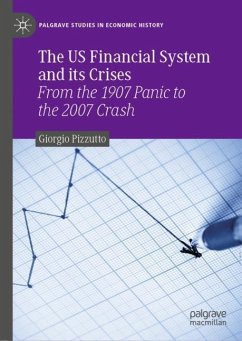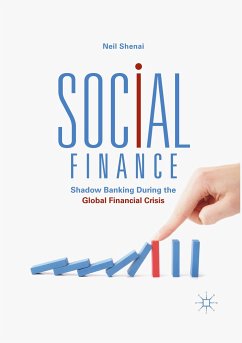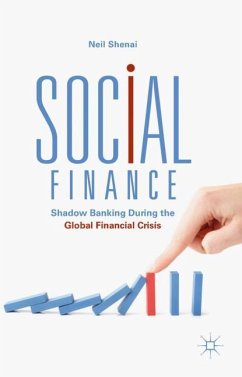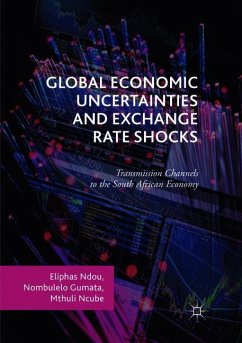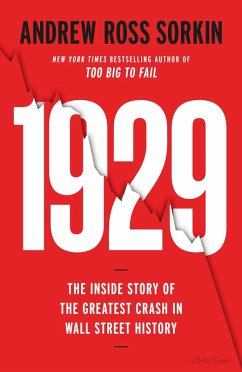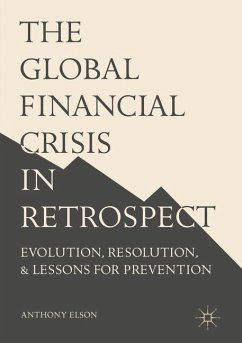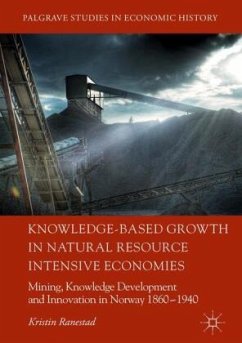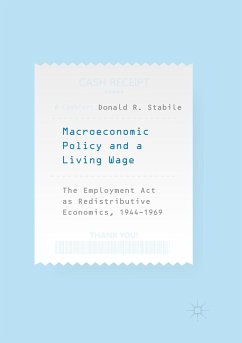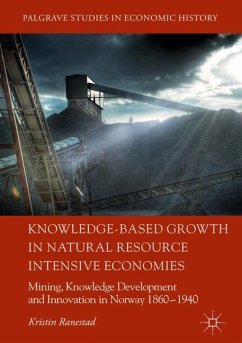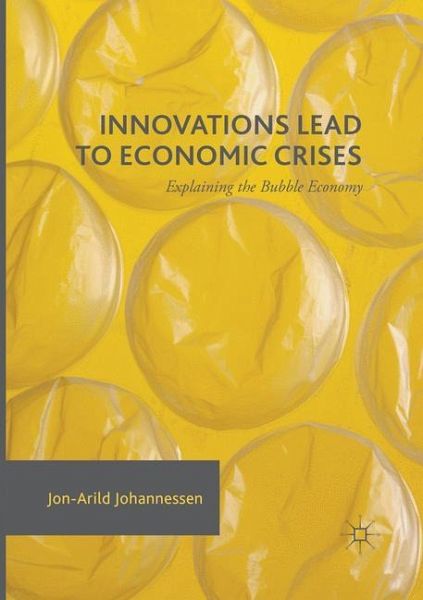
Innovations Lead to Economic Crises
Explaining the Bubble Economy
Versandkostenfrei!
Versandfertig in 6-10 Tagen
83,99 €
inkl. MwSt.
Weitere Ausgaben:

PAYBACK Punkte
42 °P sammeln!
This book examines the link between innovation and economic crises through a systemic philosophy of economic history. Taking the end of the Roman Empire as its starting point, the author guides readers through six economic crises that have occurred up to the present day and uncovers how these may have been triggered by a number of political, economic and technological innovations. The author presents analyses on the Dutch tulip bubble of 1637, the Mississippi bubble in eighteenth-century France, the development of the first limited liability company and the world's first stock exchange before ...
This book examines the link between innovation and economic crises through a systemic philosophy of economic history. Taking the end of the Roman Empire as its starting point, the author guides readers through six economic crises that have occurred up to the present day and uncovers how these may have been triggered by a number of political, economic and technological innovations. The author presents analyses on the Dutch tulip bubble of 1637, the Mississippi bubble in eighteenth-century France, the development of the first limited liability company and the world's first stock exchange before going on to discuss the latest economic crisis and its links with globalisation and social connectivity following the technological advancement of the internet. The author concludes by explaining how we can use knowledge of the links between innovation and crises to frame a vital new model for policy makers and political leaders. The result is a fascinating insight into the cause of economiccrises which will be of particular interest to students and researchers of economic history, financial crises, innovation and political science.





